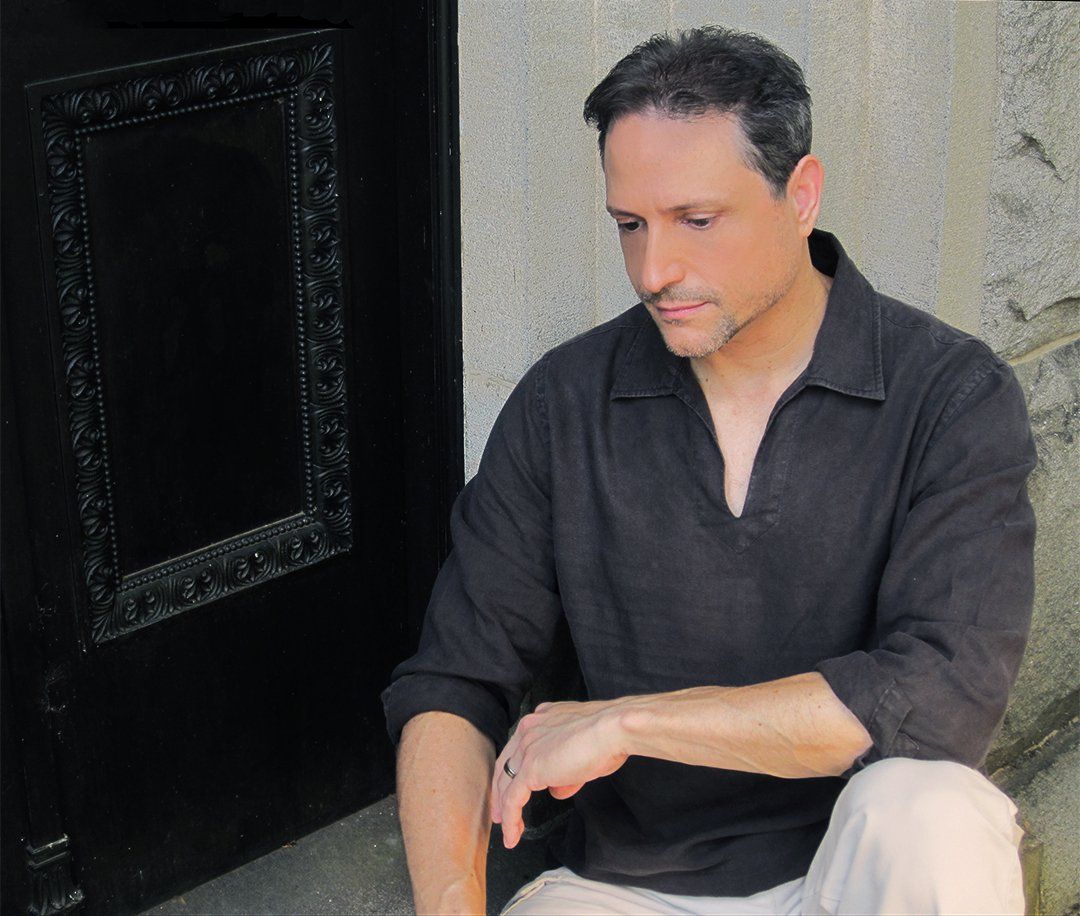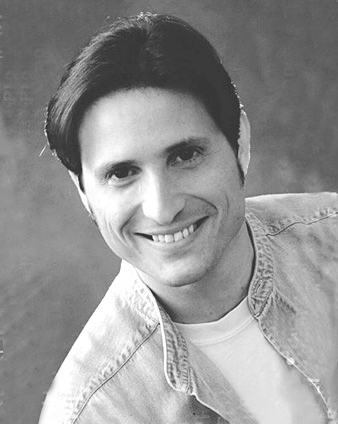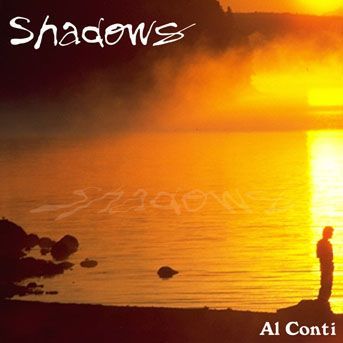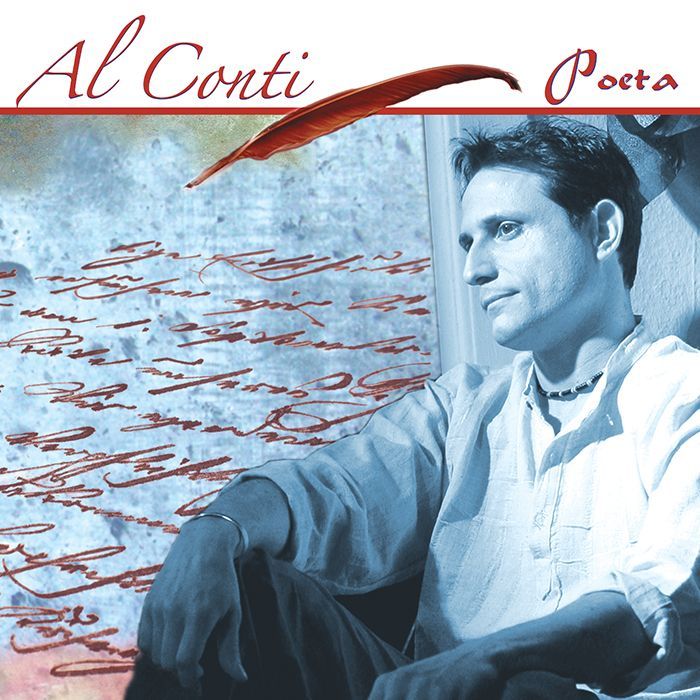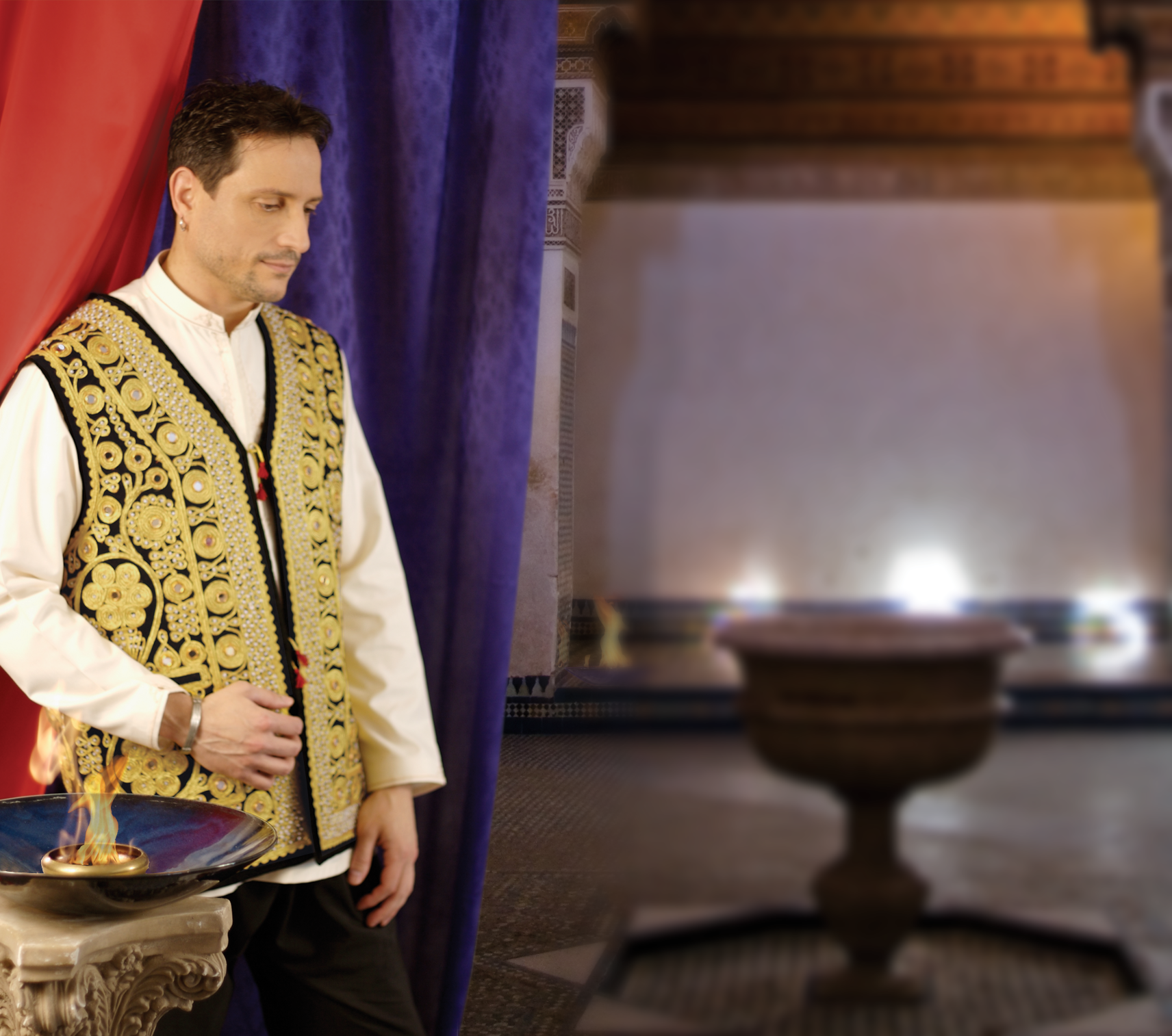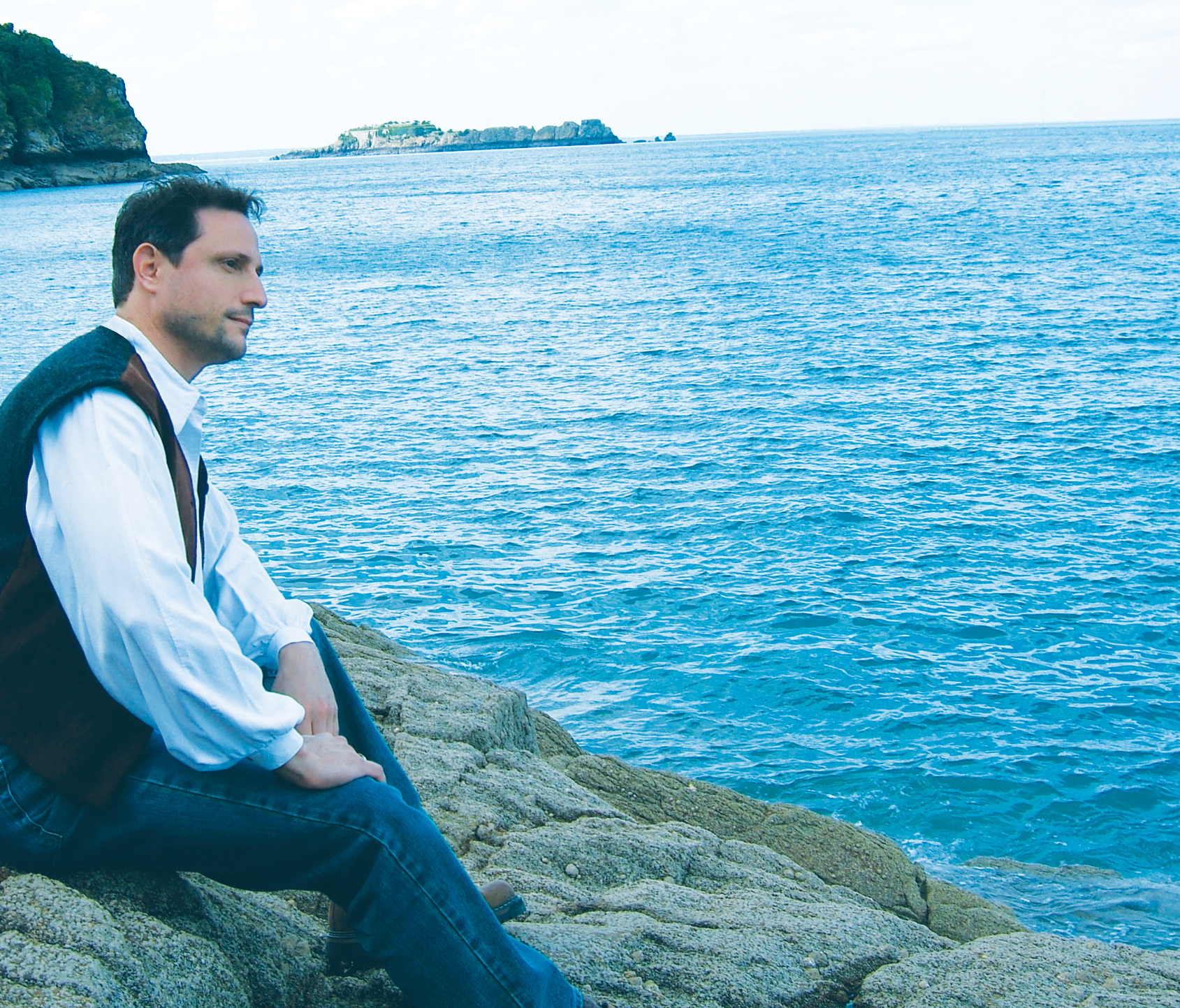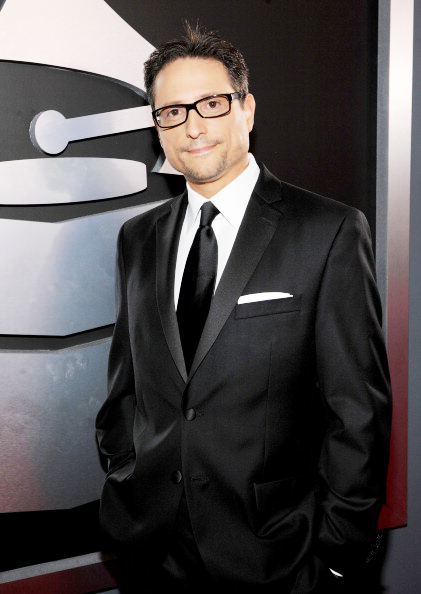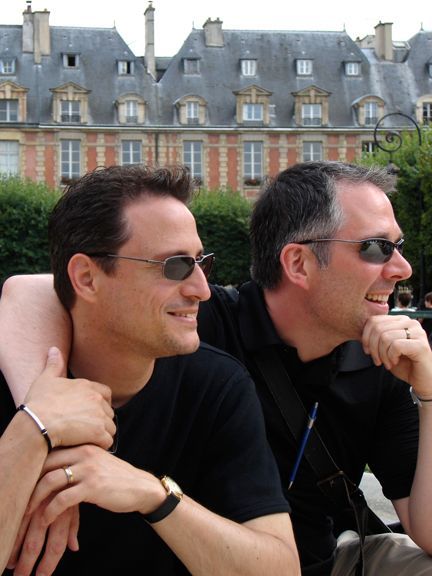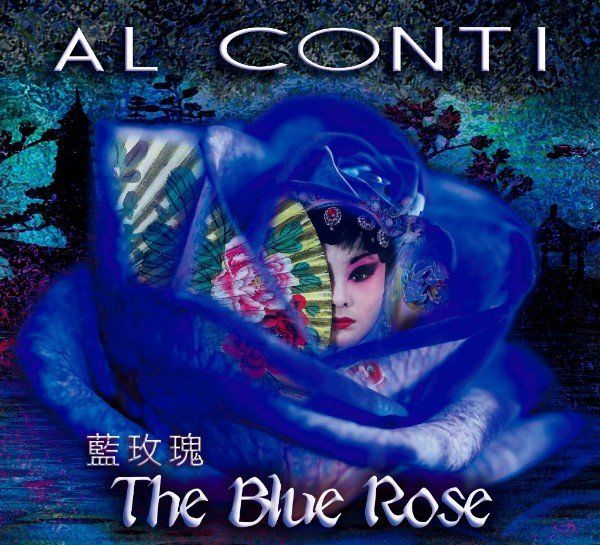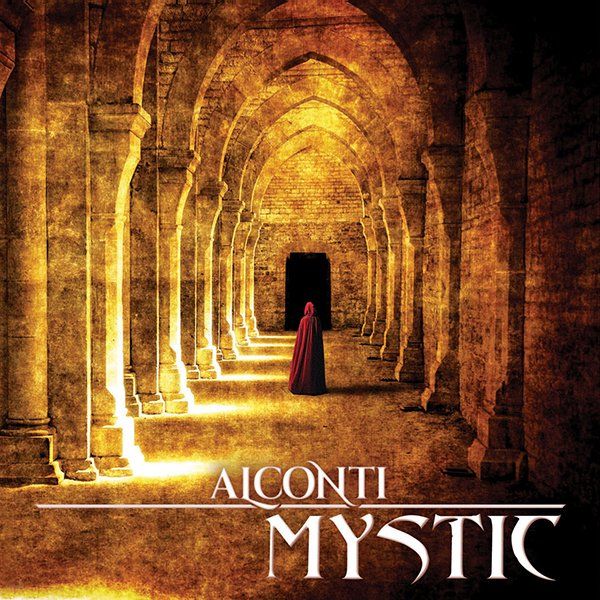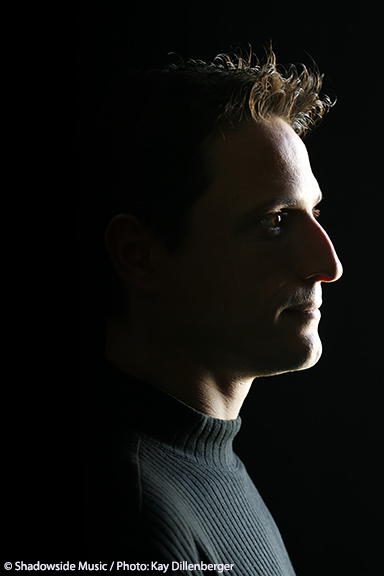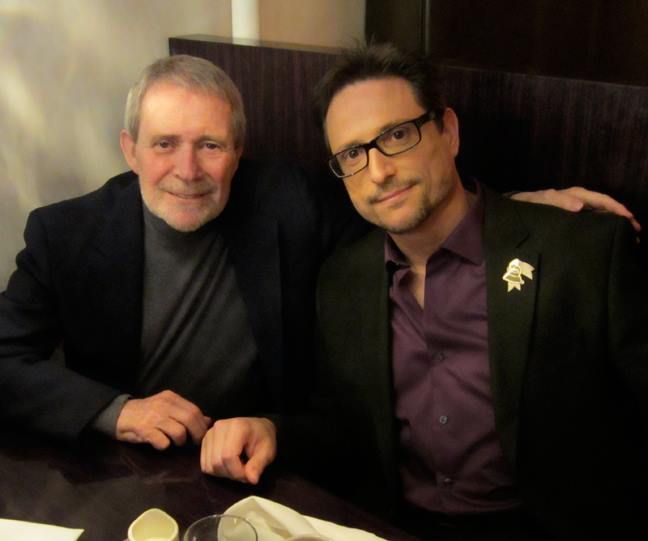And then it happened: Northern Seas received a Grammy nomination. “I remember that day very clearly. I was at my house in Vermont, getting ready to fly down to New York City for some engagements. I was a bit nervous—by then, it was starting to seem like a nomination could actually happen—but I still didn’t believe it would. So I pushed it out of my mind. Kevin (manager) and Beth (publicist) already had a plan in place about who would break the news to me, whether good or bad. I arrived in New York, Kevin picked me up at JFK, and we went straight to dinner. Both he and Beth were checking for updates the whole time, but I stayed out of it.
Then the news broke. Kevin got really quiet and serious, looked me in the eye, and told me: I had been nominated. It was huge. And I knew instantly—it was going to be life-changing. I remember the moment felt like everything stopped. Everything went still and silent, just for a beat that felt like forever. Then the phone started ringing off the hook. First it was my publicist in L.A., then colleagues—some who’d been nominated too, some who hadn’t (awkward)—and of course, Bobby, who kept me on the phone until 3 a.m.”
This period also deeply affected Al’s personal life, as he and Kevin were now in a committed relationship. “This nomination changed everything—not just for me, but for Kevin too. Artists aren’t always the easiest people to be in a relationship with. We’re complex, often temperamental, and our lives revolve around emotional expression. But Kevin really got me. Being in a relationship with someone who’s quickly becoming a public figure is like walking on quicksand. And being gay, with an audience largely made up of women, added its own layer of pressure. While Kevin was no stranger to navigating circles filled with high-profile professionals, this was different—this was personal.
But Kevin knew how to handle it. He knew how to work with me, with the people around me, and with the whirlwind of change we were stepping into. He wasn’t just my manager—he was also a certified coach, and those skills were essential in managing not only the business but me as a person. And more than anything, he believed in me—wholeheartedly, without question. That kind of support made all the difference.”
What followed was a whirlwind of activity for Al—events, press coverage, interviews—all while he worked to maintain a sense of balance amid the growing demands of his career and the emotional weight of his mother’s illness. “It was almost more than I could or wanted to handle. At that moment, my mother’s cancer was first and foremost on my mind.” Kevin became Al’s anchor during this intense time, shielding him from unnecessary stress and quietly managing the craziness around them. By handling the logistics and absorbing the pressure, Kevin allowed Al the space and focus he needed to continue creating and moving forward in his career. "I remember there were things Kevin shielded me from—stuff he knew I didn’t need to see. Some of it was pretty nasty. A few colleagues, out of resentment, were publicly saying things about me, and one particular radio host went after me ruthlessly. Both Kevin and Beth made sure I never saw his vitriol. Looking back, I’m grateful for that.
The truth is, when you start hitting a certain level of success, it can get ugly around you. People project their own frustrations onto you, and the air around you starts to shift. I guess that’s how you know you’ve really made it—when the praise and the poison come in equal measure."
Al's schedule was becoming difficult to handle. "Kevin and Beth handled everything. All I really knew was that I had a TV interview on Friday, three radio interviews the following week, an AP interview the day after that, and a photo shoot squeezed in three hours later. Then it was off to a Grammy nominee reception in New York, followed by the LA trip, Grammy events, and the actual telecast.
I just rolled with it—but honestly, if you’d asked me what day it was, I wouldn’t have had a clue. Somehow, in the middle of it all, I still managed to check in with mother from time to time and see how her chemo treatment was developing."
With the Grammy telecast fast approaching, Al now had to prepare for one of the biggest moments of his career—requiring a trip to Los Angeles and adding yet another layer of pressure to his already packed schedule. “By this point, I had attended so many events and given so many interviews, I was completely exhausted. Honestly, I didn’t think I would win—mainly because of who I was up against. But I’ve never been someone consumed by winning. Success, for me, has always been relative. I know it might sound phony, but I genuinely didn’t care about taking home the award.
I’ve got plenty of Grammy-winning colleagues, and some of them changed after their win—and not in the best way. I lost some good people to a Grammy. I also didn’t want to attend the Grammy telecast at all. Remember, I’m an introvert. Those kinds of events are my idea of hell. I don’t look back on the whole thing fondly. People don’t believe you when you say you could be on the red carpet with Lady Gaga, Taylor Swift, Katy Perry, and Adele—and still wish you were back home, in peace and quiet. But that was me. And yet, there I was, smiling for 100 photographers calling my name and pretending I was loving every minute of it. I've turned down all Grammy invitations every year since!
That said, I also understood what the nomination meant for my career. I accepted that if I was going to stay in the game, this was part of the deal. I couldn’t have it both ways.”
The Grammy Awards finally happened and Al did not win, losing to Pat Metheny. “It was OK. Some people around me were devastated and couldn’t understand how I was so nonchalant about the whole thing. I was just glad it was over. No matter how many times I said I was fine, no one believed me. I actually started wondering if something was wrong with me!
I think a lot of people around me had invested heavily—emotionally—in the idea of me winning. But I hadn’t. And honestly, I lost to Pat Metheny. I mean, how many people can say that?!"
Following the Grammys, Al’s time in Los Angeles was consumed by a flurry of meetings, industry events, and networking opportunities. The momentum was thrilling, but the pace was unrelenting. “I found myself at the Warner lot for a meeting and couldn’t help but smile at the irony—I had finally made it onto the Warner lot, not as an actor like I once dreamed, but as a musician. The full-circle moment wasn’t lost on me.”
